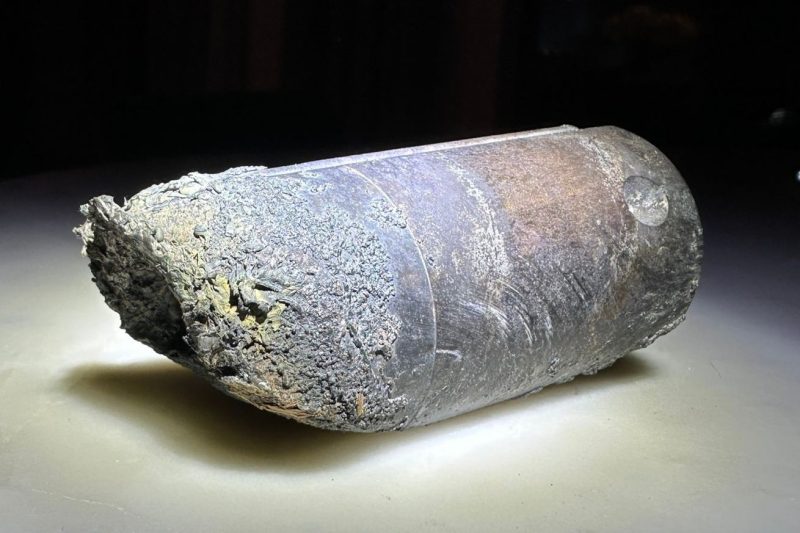Space debris, also known as space junk, is a growing problem that poses significant challenges to current and future space missions. As humankind continues to explore and utilize space, the amount of debris orbiting Earth is increasing at an alarming rate. This debris consists of defunct satellites, spent rocket stages, fragments from collisions, and other artificial objects left behind from space missions. As more satellites are launched and space exploration efforts intensify, the issue of space debris becomes more pressing.
One of the primary concerns associated with space debris is the risk it poses to active satellites and spacecraft in orbit. Collisions with even small fragments of debris can cause significant damage or even complete destruction of valuable assets in space. Such collisions not only endanger ongoing missions but also generate additional debris, further exacerbating the problem. With the increasing reliance on satellite technology for communication, weather forecasting, navigation, and other essential services, the threat posed by space debris to these critical systems cannot be underestimated.
Efforts to address the issue of space debris are underway, both at the national and international levels. Space agencies and organizations around the world are developing strategies to track, monitor, and mitigate the impact of space debris on satellite operations. Techniques such as active debris removal, where defunct satellites and large debris objects are captured and safely deorbited, are being explored as potential solutions to reduce the amount of debris in orbit.
In addition to active debris removal, regulations and guidelines are being put in place to prevent the creation of new debris through responsible space operations. Satellite operators are increasingly implementing end-of-life disposal plans for their spacecraft to ensure they are safely removed from orbit at the end of their mission. Furthermore, international collaborations are being established to promote best practices in space debris mitigation and encourage compliance with space debris mitigation guidelines.
Despite these efforts, the challenge of space debris remains complex and multi-faceted. As the space industry continues to grow and more countries and commercial entities venture into space, the need for effective debris management strategies becomes even more critical. Collaborative efforts, technological innovations, and sustained commitment to responsible space operations are essential to safeguarding the future of space exploration and ensuring a sustainable space environment for generations to come.


























